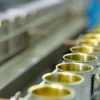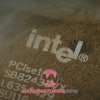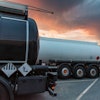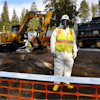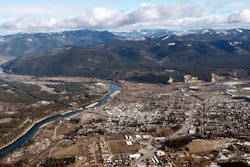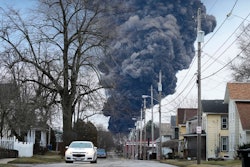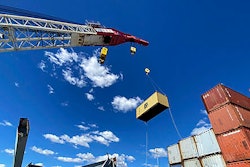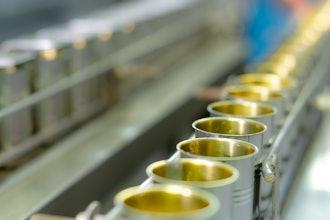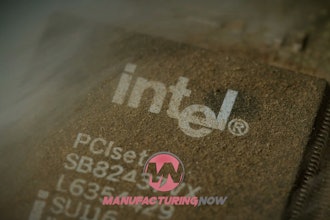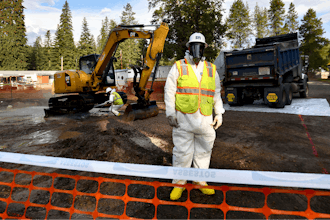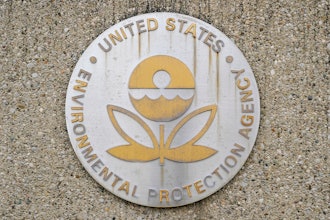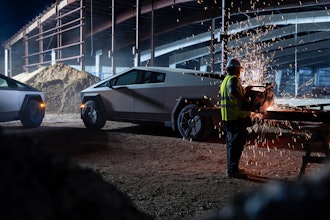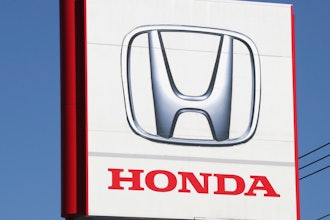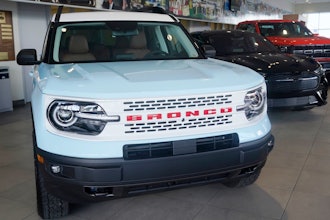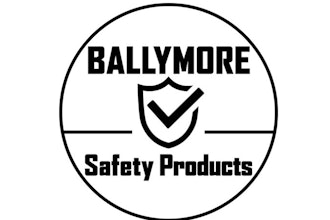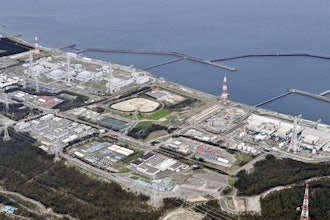The nation's top auto safety regulator says an immediate recall of all Takata airbags wouldn't provide significant safety benefits and could exceed the government's legal authority.
A recall of all Takata airbag inflators also would strain the network for replacement parts and increase uncertainty for consumers, Mark Rosekind, head of the National Highway Traffic Safety Administration wrote in a letter to a legislator.
Takata's airbag inflators use the chemical ammonium nitrate to create a small explosion that inflates airbags in a crash. But they can explode with too much force, blowing apart a metal canister and hurling shrapnel at drivers and passengers. At least 10 people have died worldwide and 139 have been hurt.
"Our ongoing analysis presently finds that an immediate recall of all ammonium nitrate inflators would provide no appreciable safety benefit and would engender significant potential harm," Rosekind wrote in a letter to Sen. Bill Nelson, D-Fla.
On Feb. 10, Nelson asked the agency to make Takata stop manufacturing ammonium nitrate inflators and urged it to recall all Takata inflators. Nelson wrote that there have been countless incidents of ruptured inflators, including recent events involving relatively new vehicles. He said those raise questions "as to whether Takata's ammonium nitrate propellant is inherently dangerous."
The request for a total recall from Nelson and other lawmakers came after a South Carolina man was killed by a Takata driver's inflator when his pickup truck hit a stray cow. The driver's inflator in the man's Ford Ranger pickup had not been recalled, and previous tests had shown no problems that particular type of inflator.
So far 14 automakers have recalled 24 million U.S. vehicles to replace the inflators. It's the largest automotive recall in U.S. history.
